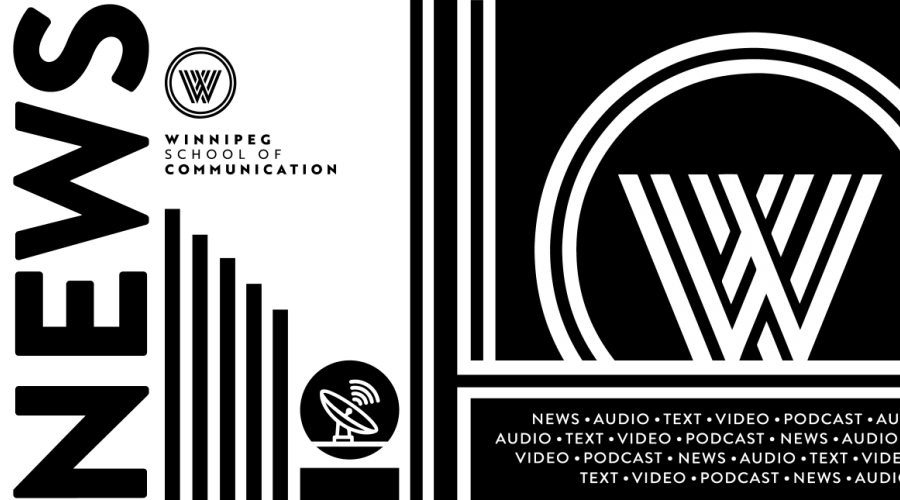-

Professional Development for English Language Arts
This full-morning session demystifies the current K-12 ELA Curriculum Framework. It identifies its challenges and opportunities and explores ways teachers can leverage their experience and knowledge for powerful language arts practice in the classroom. -

Understanding Media Intensive
Understanding Media Intensive is a 12-part look at media theorist Marshall McLuhan’s major 1964 work “Understanding Media: The Extensions of Man,” taught by Andrew McLuhan, Director of The McLuhan Institute. -

The New Crisis in Higher Education
Canadian universities are on the front lines as an essential service equipping Canadians to face the demanding realities of the new world of work. However, they are now facing financial setbacks from Manitoba’s backward approach to crisis management. -

Open-ended Questions
There’s nothing like an open-ended question to get the conversation going. So how do we make sure a question is open-ended? Easy. It’s all encoded in the syntactical structure of our query. For teachers, the open-ended question is half the battle. -

The Etymology of Marshall McLuhan’s “The Medium is the Message”
Have you ever wondered why the medium equals the message? That is, it is the message! Andrew McLuhan explains the origin and meaning through the etymology of m=m. -

Mosaic Perspectives on Experimental Film
Unlike the techniques relied upon by Hollywood directors, experimental film has the ability to use the visual symbolism of its components, which at times could be completely unrelated, to create an experience of a cohesive message, like a mosaic. -

On Eric McLuhan’s “Media Ecology in the 21st Century”
Eric McLuhan’s last speech, ‘Media Ecology in the 21st Century,’ was delivered at El Nogal in Bogotá, Colombia, on May 17th 2018. He died, suddenly, the following afternoon. -

The Poetic Uses of Criticism
It is helpful to keep in mind that Marshall McLuhan was an English professor who studied and taught literature and poetry. All his work in media was influenced by this solid foundation in poetry and literature. -

Marshall McLuhan Lived Here
Marshall McLuhan Lived Here is a short documentary film about Marshall McLuhan that focuses on the time he spent in Winnipeg. Marshall spent approximately twenty years in the city before leaving to study at Cambridge with the New Critics. -

Barthes Takes a Trip to Epcot Centre
In his essay “Myth Today,” Roland Barthes defines myth as a type of speech, a system of communication, and in particular as a message. Expanding upon Ferdinand de Saussure’s semiology, Barthes developed a second-order semiological system.
